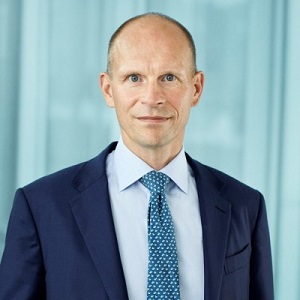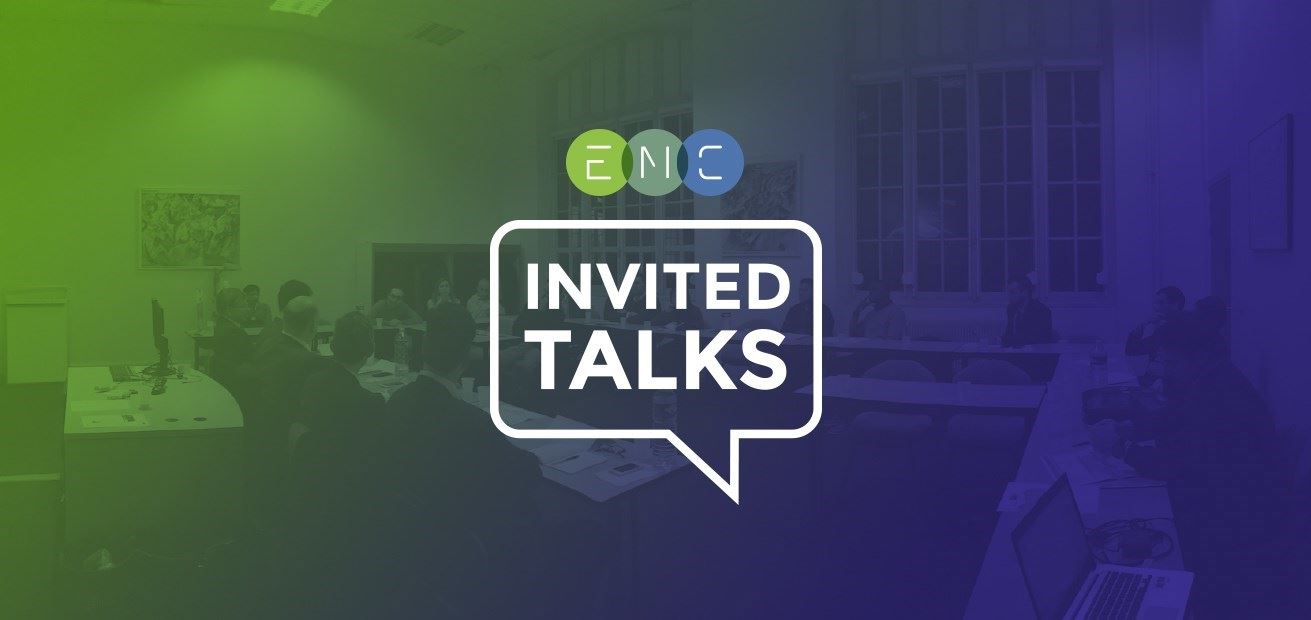Speaker: Philip Christiani, Partner at Copenhagen Infrastructure Partners
COP27 marked the 30th anniversary of the integration of the United Nations Framework Convention on Climate Change. After more than two weeks, climate negotiators in Sharm El-Sheikh, Egypt, addressed the main threats posed by climate change in the hope of achieving concrete climate action and agreements on greenhouse gas emission reductions.
However, did COP27 really show unity from all parties and commitment to fight against climate change? Can we deliver a brighter future for our planet and its eight billion habitants? Is a 1.5°C pathway still possible? What are the key issues that need to be address in the future? How can Private Equity (PE) firms contribute to a sustainable future and the energy transition towards non-emitting sources?
The webinar discussed:
- Outcomes of COP27: What major milestones and commitments were achieved? Which verticals achieved progress vs. COP26?
- What needs to be addressed in COP28?
- Global and regional challenges and opportunities for investments in energy infrastructure
- How can PE help navigate the physical and transitional risks that energy transition will encounter?
- Exploring Copenhagen Infrastructure Partners’s strategy and projects around the globe
The webinar took place on Zoom at 5pm GMT on Monday, 5 December.
 About Our Speaker
About Our Speaker
Philip Christiani is currently a Partner at Copenhagen Infrastructure Partners, a Danish investment firm specialized in greenfield energy infrastructure and a world pioneer in renewable energy investments in both developed and developing markets.
His role at the firm’s energy transition fund is to lead negotiations with offtakers and shape sale processes, as well as build teams and define targets and milestones.
Before joining the firm, Philip was a Senior Partner at McKinsey Copenhagen’s office for 16 years where he led the consumer and energy practices, assisting global industry leaders on strategy, ESG compliance, recycling and emissions reductions.
He holds a MSc in Economics from the University of Copenhagen and an MS in Finance from the University of Reading.


















 Facebook
Facebook Linkedin
Linkedin Instagram
Instagram Youtube
Youtube EMC Newsletter
EMC Newsletter







